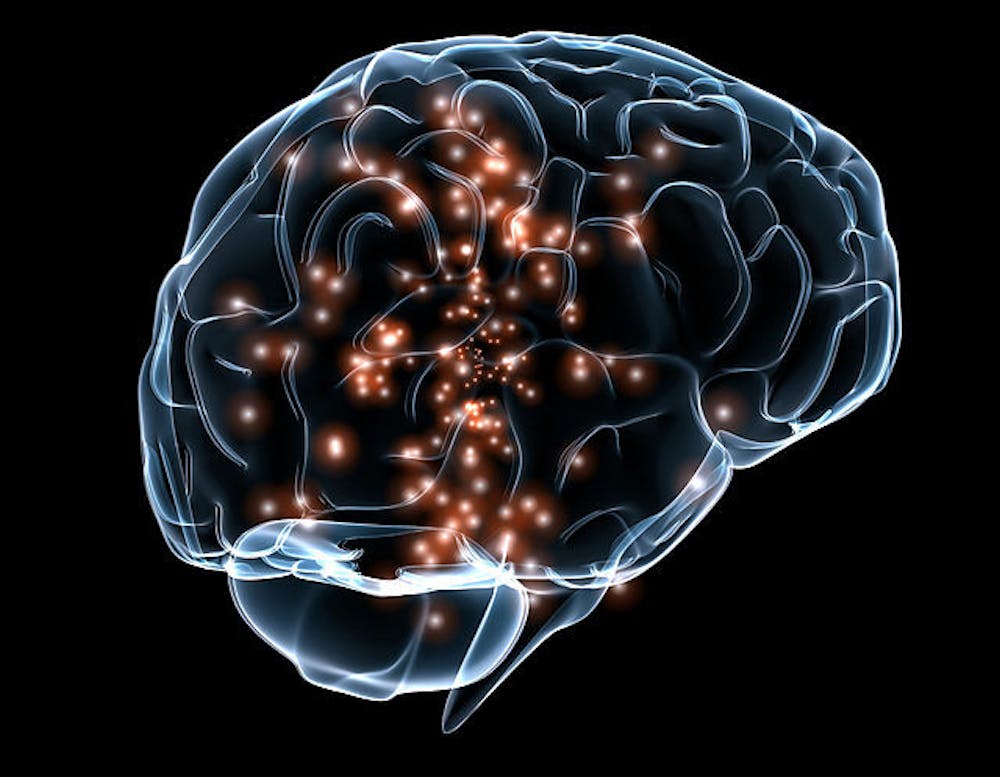Six months ago, Stanford University Professor Robert M. Sapolsky wrote a book titled Determined: A Science of Life Without Free Will, which argues that humans do not have free will. He calls for people to “stop attributing stuff to us that isn’t here.” He also critiques any system in which we punish or reward people because people have no control over their actions. Sapolsky’s thesis is that free will is a myth and, the sooner we accept that, the more just society will be. However, in reality, the science does not debunk but instead supports the existence of free will.
For most of human civilization, philosophers have posited the existence of free will. This sentiment has driven many groups to incorporate free will as a central tenet of their ideology. For example, Christians’ belief in free will has helped them reconcile God’s all-powerful, all-good existence with the presence of worldly evil. In fact, the idea of free will permeates nearly every institution. We reprimand those who commit crimes because we assume that they have a choice to act in that crime. We award honors for academic or athletic excellence assuming that the winner had some agency that allowed them to achieve their talent.
There are a number of reasons why humans tend to gravitate away from arguments that disprove free will. Stripping our agency is scary but also dangerous. People could justify committing horrors if they accepted the absence of free will. Ultimately, we all feel like we have free will. Our decisions and actions seem uniquely ours. Surely, we would be conscious of the fact that we were being puppeteered.
The number of scientists and philosophers that are disproving free will has grown throughout the decades. In 1929, even Albert Einstein was quoted saying, “I do not believe in free will.” However, their arguments against free will fall short of logical reasoning.
The arguments against free will rely on the existence of determinism, a term that means event A always leads to event B. Einstein, as did many physicists of his time, believed in determinism.
The brain’s processes are complex sets of chemical reactions, and, if the universe was deterministic, these processes could all be modeled and perfectly predicted. You couldn’t have free will in a deterministic universe because everything that has happened or will happen to you has been predetermined. However, I do not believe in determinism and neither does modern physics.
Werner Heisenberg’s theory of quantum mechanics discredits determinism. In this new — and now accepted — theory of the universe, the universe is probabilistic as opposed to deterministic. The outcome of a specific event has multiple possibilities, and they are weighted by probabilities. There is a 50% chance that I find the electron at point A, a 30% chance I find it at point B and a 20% chance I find it at point C. The rules of quantum mechanics provide evidence that the universe is probabilistic, so the classical argument about determinism fails.
In classical physics, I can use Newton’s equations to predict exactly how something is going to move: I know with exact precision where something will be at any given time. At the quantum level for subatomic particles, this argument fails. Instead of Newton’s equations, we have wave functions mapping the probability that something is in any given spot at any given time. In summary, there is an inherent uncertainty about where and when particles are: They are purely random and dictated by probability. Because of probabilistic truths in the universe, I believe free will to exist.
Neuroscientists argue that information about your decisions is present in brain activity several seconds before you are even conscious of this decision. This would surely disprove free will. This is known as “the readiness potential,” and it has been demonstrated experimentally many times, showing a delay of as much as several seconds between the neural processing of a decision and the agent’s consciousness of this decision.
However, an article in Scientific American recently showed that these readiness potential experiments, while valid, do not signal the end of free will. Neuroscientist Benjamin Libet’s landmark study, which first demonstrated the readiness potential effect, focused on the trivial task of pressing a button or participants’ flexing their wrists. I argue that these actions are irreflective of our consciousness because they are meaningless. A decision such as breaking up with a long-term romantic partner is not quite as subconscious and cannot be explained by the “readiness potential.”
Uri Maoz’s 2019 study investigated if readiness potential can be applied to more significant decisions. In this case, participants were asked to decide which of two nonprofits should receive a $1,000 donation. The control group was also asked to choose but was told that each nonprofit would receive $500 regardless. The control group exhibited readiness potential while the meaningful decision group did not.
While readiness potential is a valid and experimentally robust scientific theory, it does not disprove free will. Smaller, trivial tasks such as starting your car may still actually be void of free will. However, the larger decisions that we make daily, such as taking care of those we love, are not predictable by an equation: We have free will when it matters. Your life is yours and uniquely yours because, when it matters, you are in control.
There is a scientific basis to free will, even though many point to its disagreement with the beliefs of many scientists. Physics and neuroscience show that we do undoubtedly have free will. No need to worry.
Neil Mahto is a freshman from Albuquerque, N.M., studying Chemistry and English. He is the Opinions Editor for The News-Letter.





